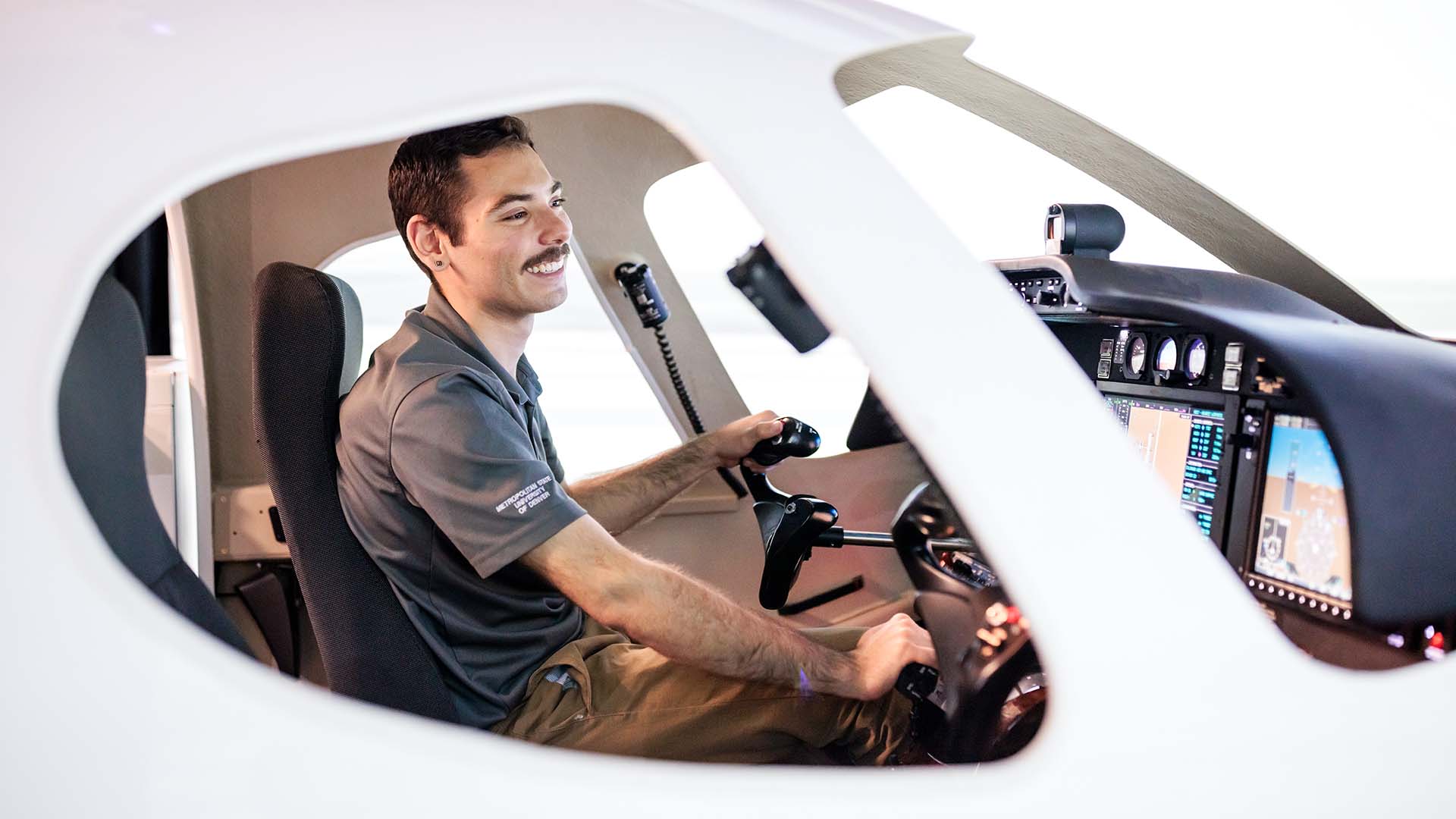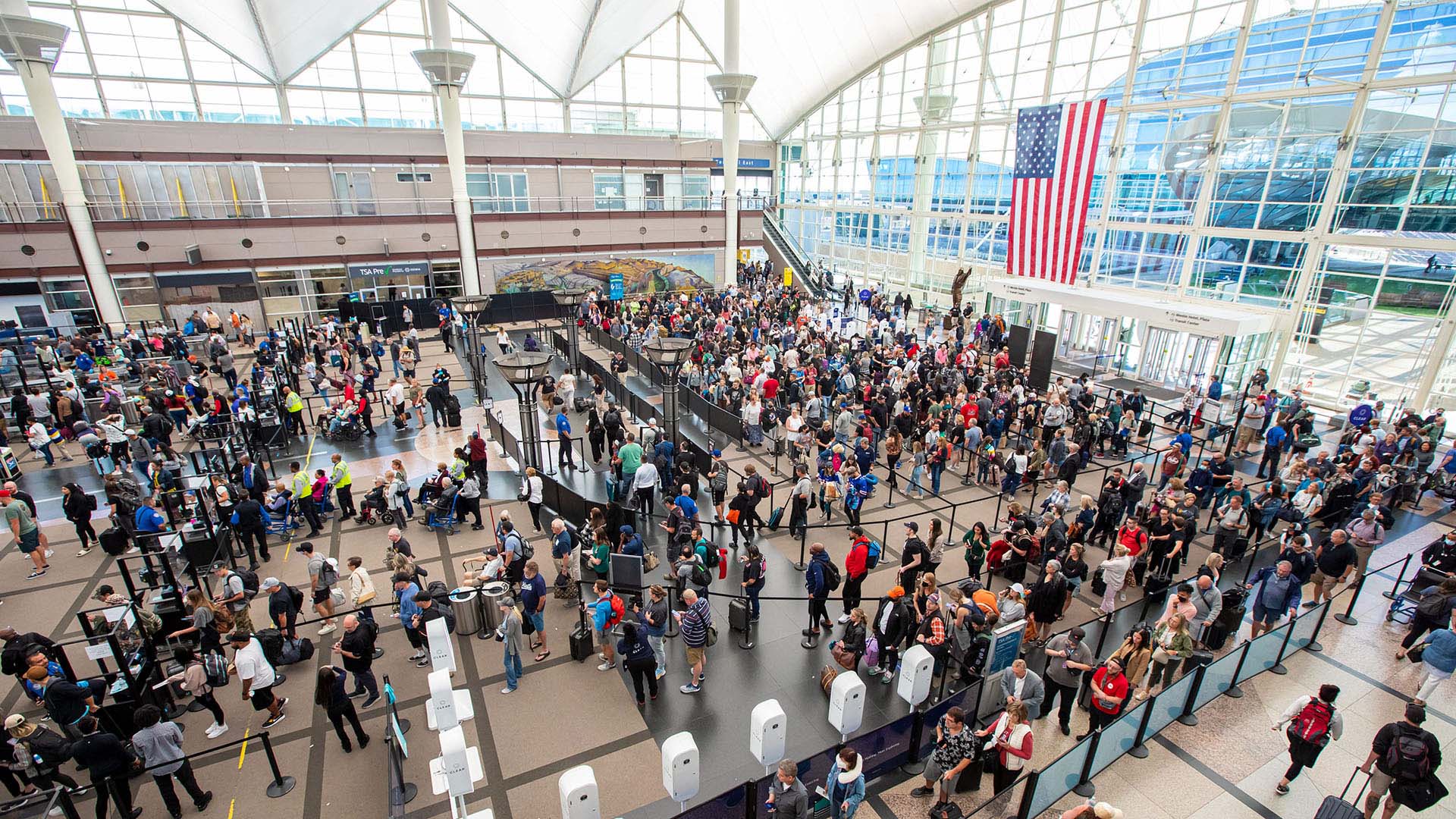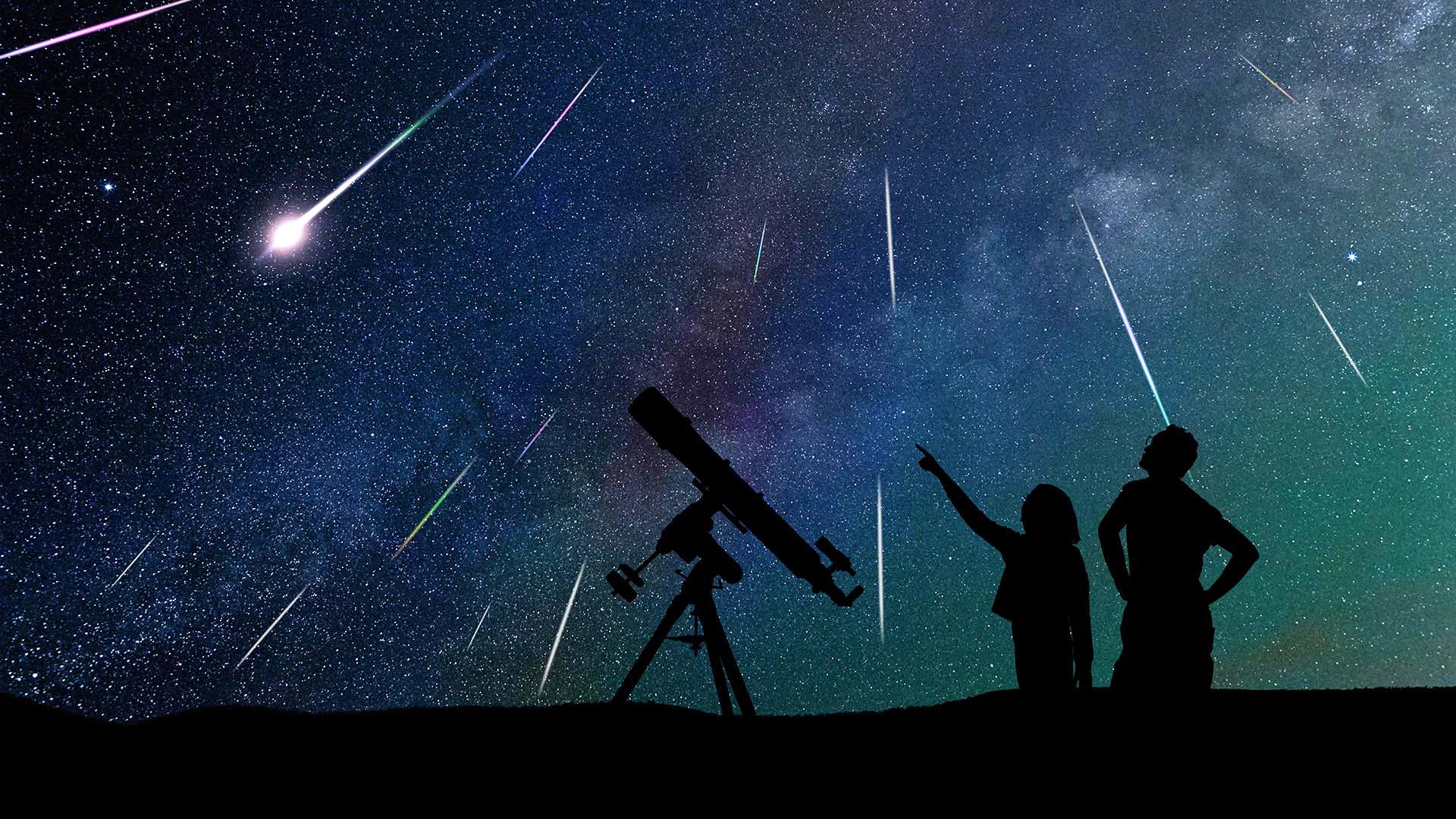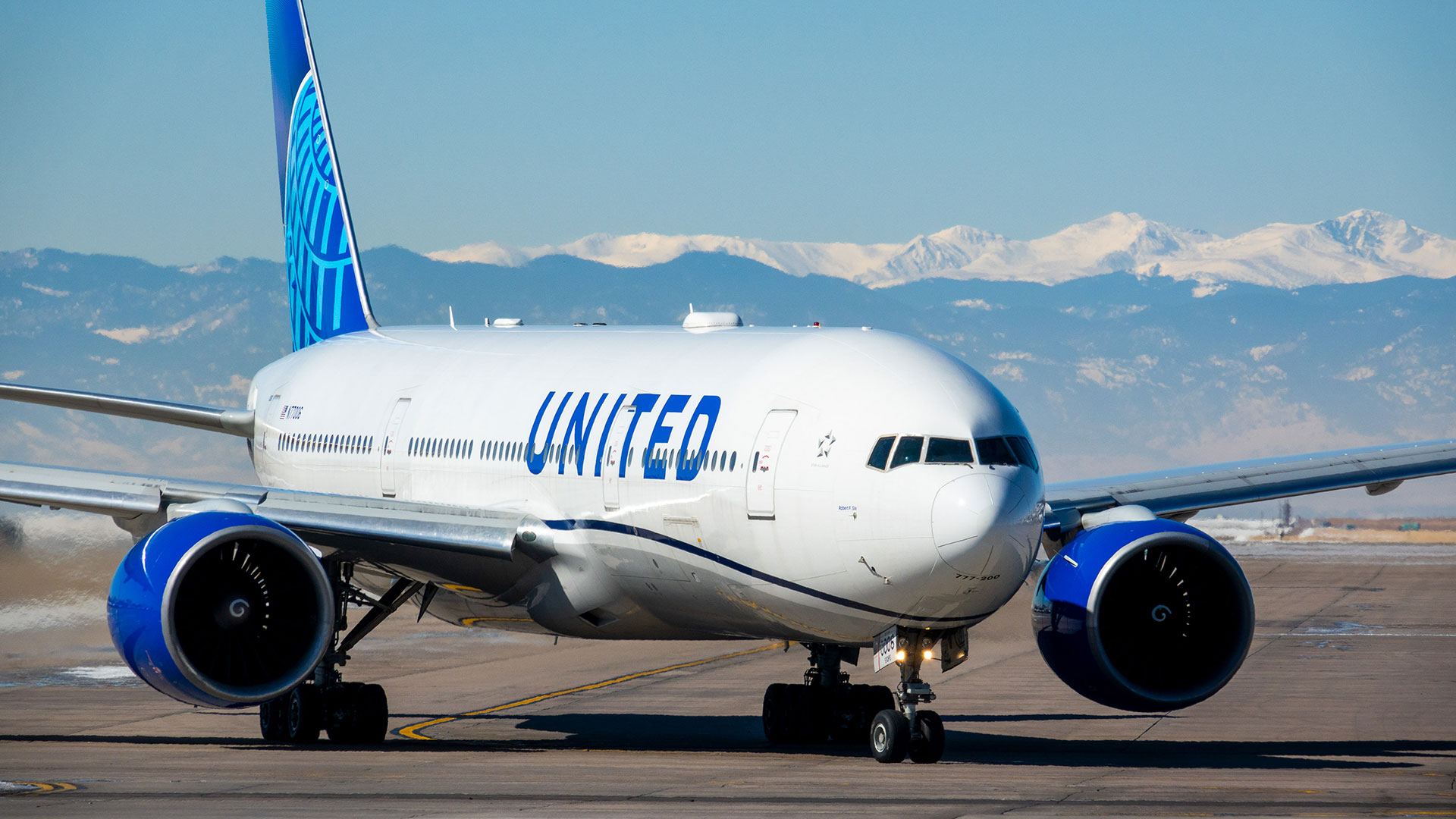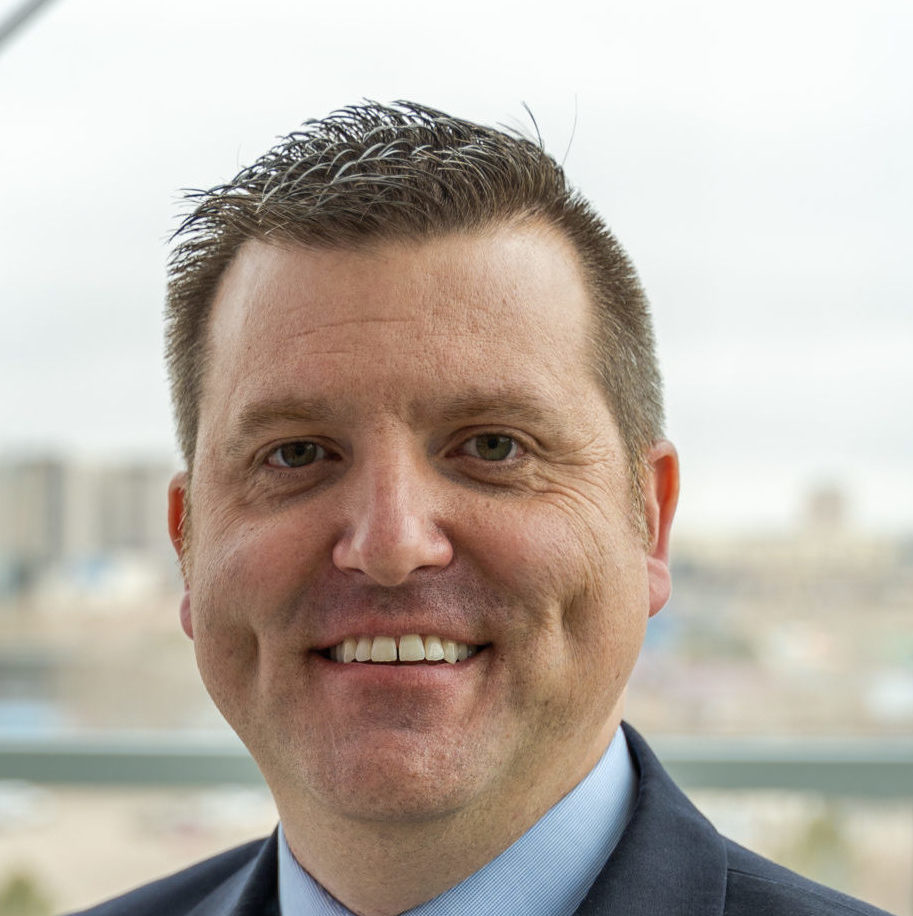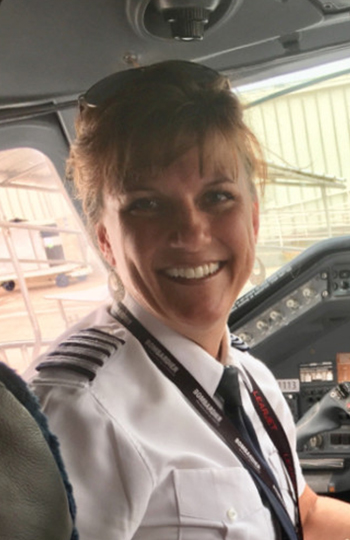Avoiding Armageddon
Efforts to protect Earth from asteroid impacts get a lift from aerospace science students.
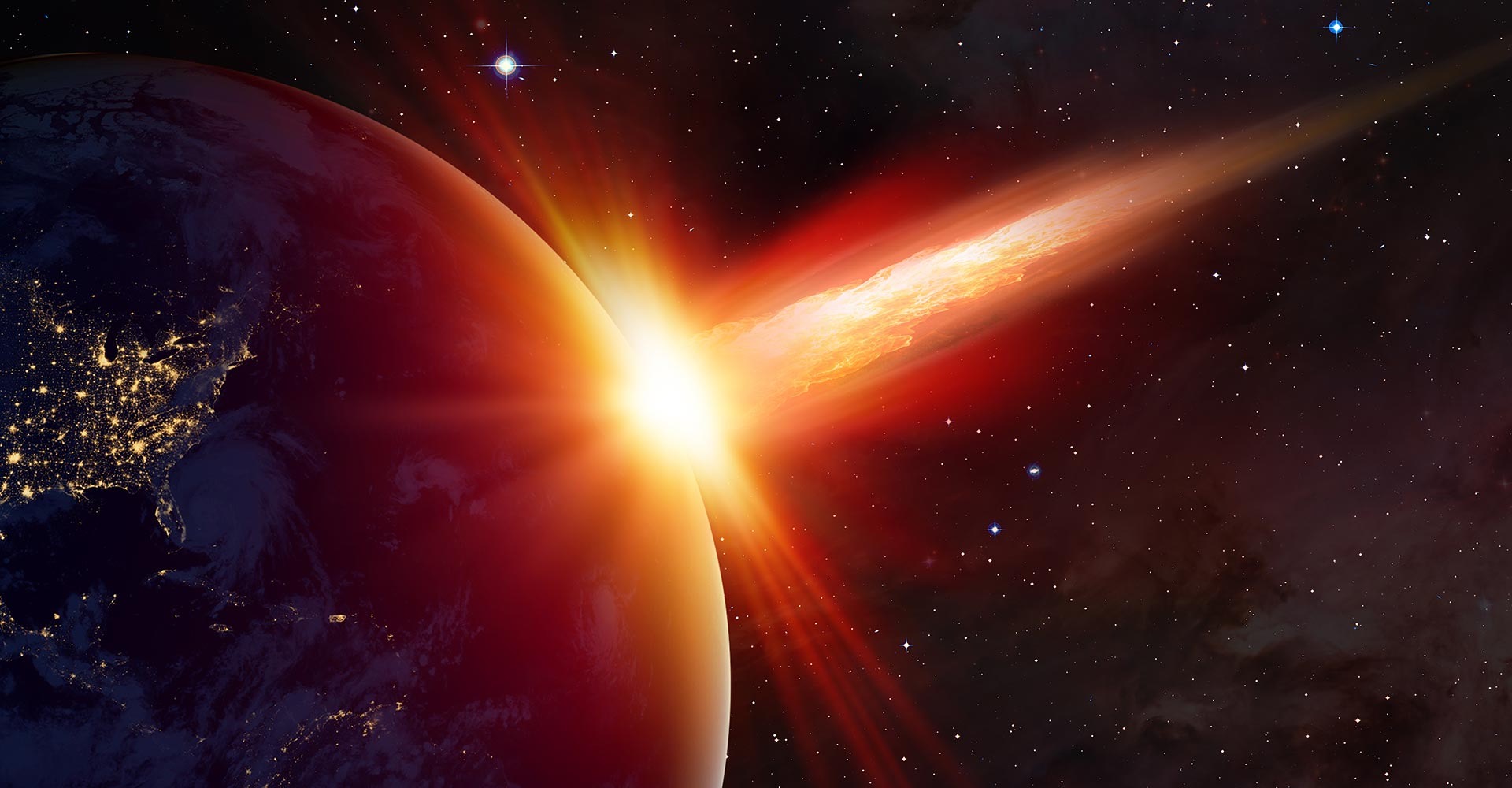
A 20-meter-wide asteroid explodes over the city of Chelyabinsk, Russia, damaging more than 7,000 buildings and injuring 1,500 people. Meanwhile, scientists detect an asteroid that exploded in Earth’s upper atmosphere above the Bering Sea, with the force of 200 kilotons – roughly equivalent to 10 atomic bombs.
These are not plot points in a Hollywood summer blockbuster.
The Chelyabinsk explosion occurred on Feb. 15, 2013, while the Bering Sea explosion – which nobody on the ground saw or recorded because of the remote location – happened on Dec. 18 last year.
The recent incidents underscore a point experts have been trying to make for many years: The people of Earth need to do more to mitigate the threat of a major asteroid strike. Now, pioneering scientific efforts to protect the planet are elevating the asteroid conversation with a lift from students at Metropolitan State University of Denver.
Some experts believe that Earth is due another big asteroid hit in the next 100 to 150 years, said Jeffrey Forrest, Ph.D., chair of MSU Denver’s Department of Aviation and Aerospace Science.
“It would be rather disruptive,” he said.
Detecting and determining the trajectory of asteroids is a critical space-science problem, Forrest said.
“How can we deflect its trajectory so that it’s a near miss rather than a direct hit? If we’ve got 20 years to work on it, we’ve really got to start right now to do it,” he said.
In order to solve that space-science problem, Forrest is involving MSU Denver aerospace science students, focusing academics on “the flight side and the astrodynamics side involved with the nature of physics and how things traverse space,” Forrest said.
Those elements of the curriculum caught the attention leaders at the B612 Foundation, a nongovernmental organization informing policy decision-makers on asteroid-impact risks, and Asteroid Day, a foundation educating the world about asteroids’ role in the formation of our universe, how we can use their resources and how we can protect our planet from an impact.
Deflecting asteroids away from Earth starts with detecting them, said. Danica Remy, president of B612 Foundation and a co-founder of Asteroid Day.
“We have the technology to have them not hit us if we knew where they were,” she said.
Ideally, an early-warning system could give humans a 20- to 40-year head start in figuring out how to deflect a big one by embedding spacecraft thrusters in the asteroid 10 years before it gets to Earth, propelling the rock off its trajectory by small degrees, she said.
B612 puts MSU Denver interns to work protecting Earth from asteroid impacts by writing software scripts, testing code and conducting quality-assurance testing. Recent interns have also gathered data on known asteroids from other entities, such as NASA’s Jet Propulsion Laboratory, Remy said.
Interns with Luxembourg-based Asteroid Day focus on communication efforts such as taping and editing videos for social media, Remy said. The United Nations declared June 30 Asteroid Day, but the foundation works year-round to get people interested in all aspects of the space rocks and put out “a call to action to accelerate the rate of discovery of near-Earth asteroids from discovering about 2,000 a year to finding 100,000 a year.”
MSU Denver technical communications graduate Kathleen Young spent last June in Luxembourg as an intern helping out in the run-up to Asteroid Day and serving as foundation co-founder Grig Ritchers “right-hand woman.” She also ran the foundation’s social media efforts and helped with video production leading up to their June 30 live broadcast.
“The majority of the days we worked from 9 a.m. until 10 p.m.,” she said. “I learned about some of the cool things happening in space right now and plan to keep up with it more in the future.”
The efforts of B612 and Asteroid Day are needed now more than ever — and the American public is starting to catch on too. A poll by The Associated Press and NORC Center for Public Affairs found that most Americans (68%) say it is important for NASA to monitor objects including asteroids and comets that could impact earth.
“If we don’t do our homework now, we’re going to be leaving a real mess for future generations,” says MSU Denver’s Forrest. “All nations of the world need to join hands on this because it’s defense of the planet Earth.”

